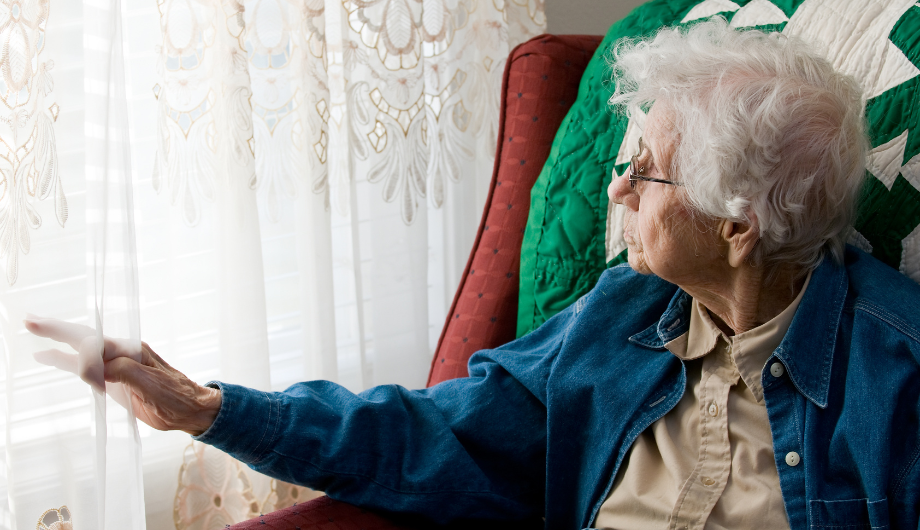Guidance for MARACs: Older people
Learn about how Maracs can support older people
This guidance aims to ensure the appropriate safeguarding of older people (60+) who are victims of domestic abuse. Historically there have been inconsistent or lower levels of reports of domestic abuse towards older people resulting in older people being considered part of a ‘hidden’ group.
The reasons for inconsistent approaches to support for older victims of domestic abuse include factors such as:
- services typically being set up with younger clients in mind
- older people being less likely to call 999
- particular cultural or generational attitudes that often exist towards marriage and family life.
Abuse can often be hidden behind other physical and mental health conditions, and a lack of awareness among some professionals prevents recognition of this underlying cause.
What this guidance resource contains
- Aim of this report
- What’s different about older victims’ experiences of domestic abuse?
- Engagement with services
- Financial and housing issues
- Health/mental health issues
- Prior to MARAC
- Set up a single point of contact with a trusted professional
- Arrange a strategy/professionals meeting
- Get the right people around the table
- Adult social care
- Mental health and health
- Other relevant agencies
- Do your research
- Adult social care
- Police
- Health/mental health
- All representatives
- Effective action planning
- Has entry been denied to a professional during a visit (planned or unannounced)?
- Has any agency had meaningful engagement with the victim?
- Have the victim’s views been expressed?
- Is the statutory responsibility being fulfilled?
- Are the appropriate experts taking the lead, and a single point of contact nominated?
- Are appropriate protocols/plans in place and have they been communicated to all relevant agencies?
- Have the victim’s finances been considered?
- Have cultural barriers or differences been identified?
- Are you following your local policies, protocols and procedures for safeguarding adults?
- Could MARAC agencies (such as the IDVA service or adult social care) facilitate engagement with victims through other organisations?
- Outside the MARAC meeting
- If you’re part of a MARAC strategic or governance group
- If you’re a commissioner
- MARACs and local safeguarding adult boards (LSABs)
- If you’re a health/mental health professional
- If you work in Wales
You may also be interested in
Guidance for MARACs: effective chairing

